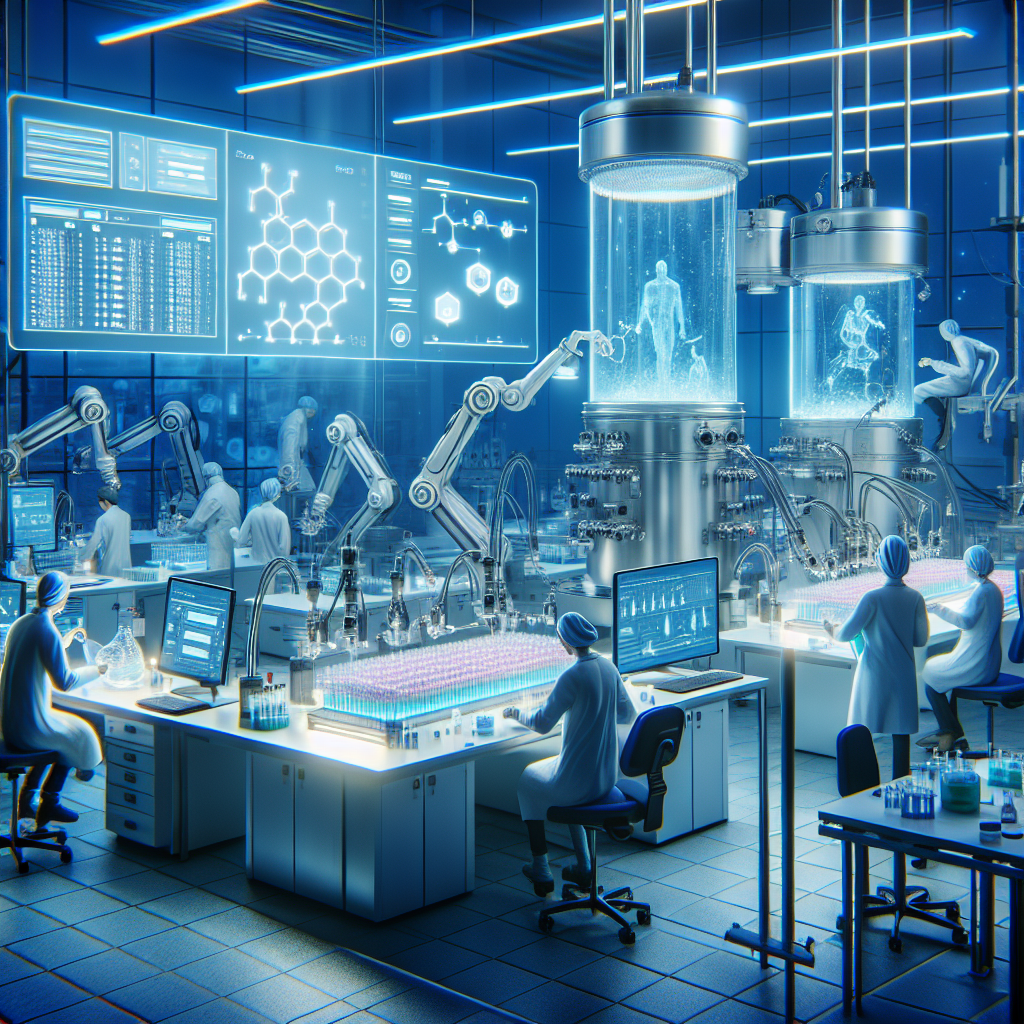DBT Hosts Fourth Webinar on “Biomanufacturing of Enzymes” to Accelerate Bioeconomy and Green Innovation
India Strengthens Leadership in Sustainable Biomanufacturing with Focus on Enzyme Production Under BioE3 Policy.

- Country:
- India
The Department of Biotechnology (DBT), Government of India, conducted the fourth webinar in its Biofoundry and Biomanufacturing Initiative series, focusing on the “Biomanufacturing of Enzymes.” This initiative is a key pillar under the BioE3 (Biotechnology for Economy, Environment & Employment) Policy, which was approved by the Union Cabinet in August 2024. The BioE3 Policy seeks to position India as a global leader in bio-based innovations while promoting economic growth and environmental sustainability.
The webinar brought together academia, industry leaders, start-ups, and researchers to explore advancements in enzyme biomanufacturing, a transformative process that replaces traditional chemical catalysts with eco-friendly alternatives. Enzymes play a vital role in driving sustainability and innovation across industries such as pharmaceuticals, food processing, biofuels, and textiles.
Key Insights from Experts
Dr. Alka Sharma, Scientist ‘H’ at DBT, outlined the BioE3 Policy’s vision for high-performance biomanufacturing to drive green growth. “The BioE3 Policy aims to place Bharat at the forefront of sustainable industrial practices by advancing biomanufacturing solutions while safeguarding environmental and climate impacts,” she stated. Dr. Sharma emphasized the strategic importance of enzymes as drivers of industrial innovation and environmental responsibility.
Dr. Amit Kumar Yadav, Scientist ‘D’ at DBT, detailed the thematic sector’s potential, explaining how enzyme biomanufacturing can transform industrial practices in India. He noted its cost-effective and sustainable applications, highlighting the opportunities for scaling up enzyme production to enhance the nation’s bioeconomy.
Technological and Industrial Perspectives
Dr. Syed Shams Yazdani, Group Leader at the Synthetic Biology and Biofuel Group, ICGEB, New Delhi, shared insights into positioning India as a hub for industrial enzyme production. He discussed strategies for indigenous enzyme discovery, scaling up manufacturing capacities, and leveraging advanced technologies like synthetic biology and AI/ML to improve microbial chassis for high-titer enzyme production.
Mr. G.S. Krishnan, President of the Association of Biotechnology Led Enterprises (ABLE), provided an industry perspective on the enzyme ecosystem. He emphasized the importance of local innovation in sourcing, production, and supply chain management. “The BioE3 Policy is creating a conducive environment for long-term growth and global competitiveness in enzyme biomanufacturing,” Mr. Krishnan said.
Enhanced Opportunities and Initiatives
Participants explored the expanding applications of enzymes in sectors such as sustainable agriculture, waste management, and bioplastics. Experts also discussed India’s potential to lead the global enzyme market by addressing regulatory challenges and fostering public-private partnerships.
The session concluded with an interactive Q&A moderated by officials from DBT and BIRAC, where participants delved into issues like scaling up enzyme production, ensuring quality standards, and integrating cutting-edge technologies to accelerate biomanufacturing.
Looking Ahead
The webinar underscored the growing importance of sustainable biomanufacturing in achieving India’s bioeconomy goals. The DBT’s initiatives, underpinned by the BioE3 Policy, are expected to propel the country toward global leadership in enzyme production and other bio-based innovations. With continuous collaboration between stakeholders, India is poised to harness the full potential of biomanufacturing to drive economic growth and environmental stewardship.
- READ MORE ON:
- Biomanufacturing of Enzymes









